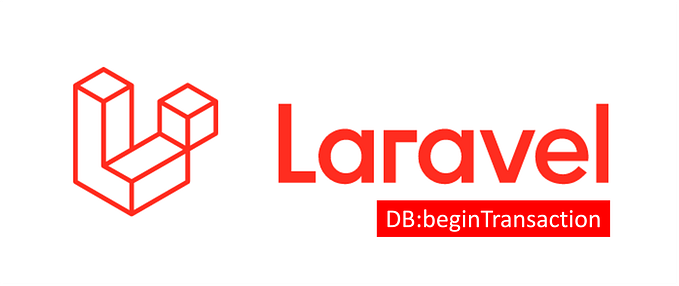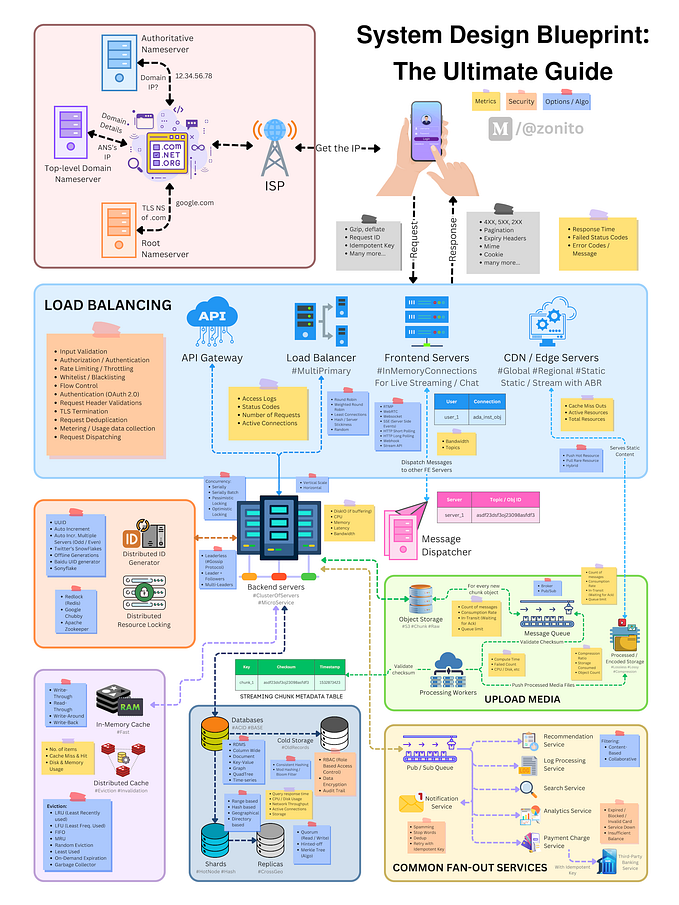2023 - Choosing the Right Programming Language: A Guide to Appropriate Selection

Introduction
In today’s rapidly evolving technological landscape, the choice of programming language has a significant impact on software development projects. With a plethora of programming languages available, developers often find themselves confronted with the dilemma of selecting the most appropriate language for their specific needs. In this article, we will explore various factors to consider when choosing a programming language and provide insights into which language might be most suitable for different scenarios.
1. Project Requirements:
The first step in selecting an appropriate programming language is to assess the specific requirements of your project. Consider factors such as the type of application you are building, the target platform, and the expected scalability and performance requirements. For example:
a. Web Development: For building dynamic websites, languages like JavaScript, PHP, Python, or Ruby are commonly used, each with its own frameworks (e.g., React, Laravel, Django, Ruby on Rails).
b. Mobile Development: If you aim to develop native mobile applications, languages such as Swift (iOS) and Kotlin (Android) are popular choices. Alternatively, cross-platform frameworks like React Native or Flutter allow for code sharing between different platforms.
c. Data Science: Python is widely favored in the field of data science due to its extensive libraries (e.g., NumPy, Pandas, TensorFlow) and its versatility in handling complex data analysis tasks.
2. Community and Ecosystem
The strength and support of a programming language’s community and ecosystem play a vital role in your development journey. Consider the availability of libraries, frameworks, and tools, as well as the size of the community and the quality of documentation. A thriving community provides access to resources, tutorials, and forums, making it easier to learn, troubleshoot, and find solutions to problems.
For example, JavaScript boasts a robust ecosystem with numerous libraries (e.g., React.js, Node.js), frameworks (e.g., Angular, Vue.js), and a vibrant developer community, making it an excellent choice for web development.
3. Developer Skillset
Your team’s existing skillset and expertise should also factor into the decision-making process. Choosing a language that aligns with your team’s strengths will facilitate faster development and smoother collaboration. Consider whether your team has experience with a particular language, whether it’s easy to find developers with expertise in that language, and the availability of training resources.
4. Performance and Scalability
For applications that demand high performance or require scalability, selecting a language that excels in these areas is crucial. Low-level languages like C or C++ offer fine-grained control over system resources and are commonly used in fields such as game development or system programming. However, these languages often come with a steeper learning curve.
Alternatively, languages like Java or Go strike a balance between performance and productivity, offering robust concurrency models and scalability options.
5. Long-Term Considerations
When choosing a programming language, it’s essential to think about the long-term viability and sustainability of your project. Consider factors such as the language’s popularity, community support, and its trajectory in terms of adoption and future development. Selecting a language with a large and active user base reduces the risk of encountering compatibility issues, ensures continued updates and improvements, and provides a pool of potential contributors and collaborators.
Conclution
Selecting the appropriate programming language is a critical decision that influences the success of your software development project. By considering factors such as project requirements, community support, developer skillset, performance needs, and long-term considerations, you can make an informed decision. Keep in mind that there is no one-size-fits-all answer, and the choice may ultimately depend on the unique circumstances and goals of your project.








